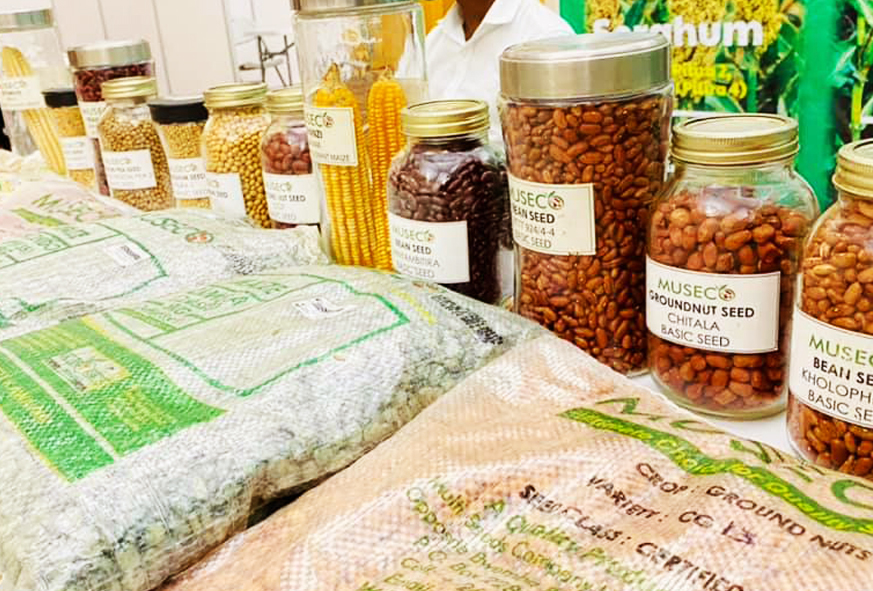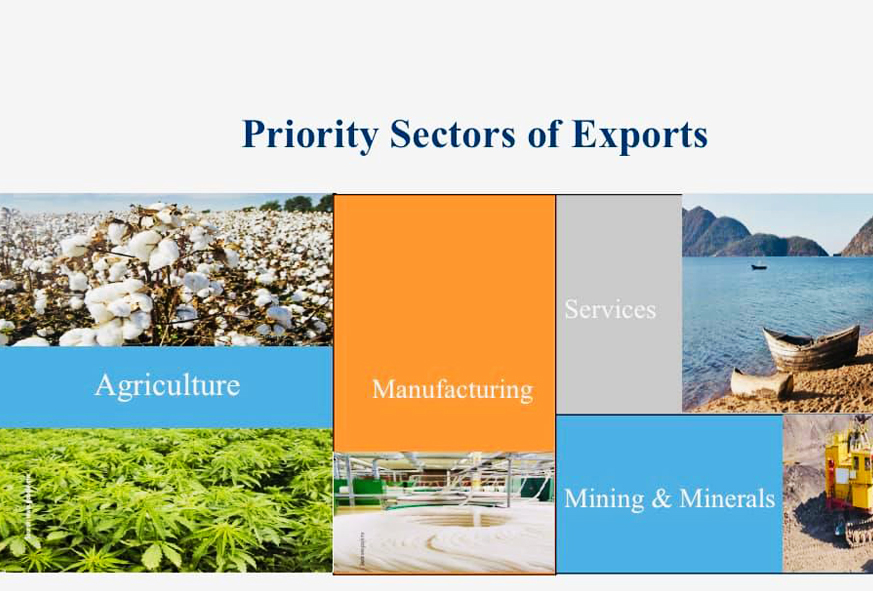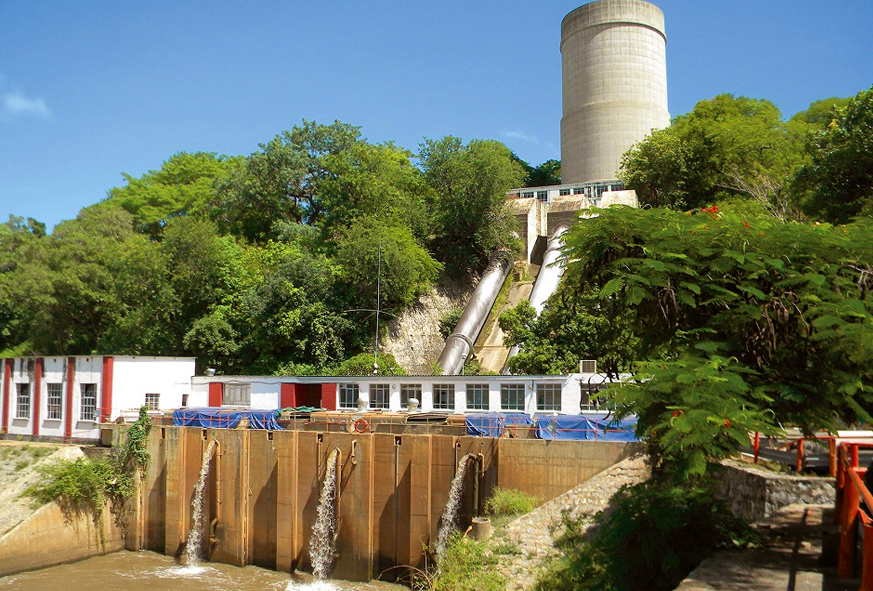BUSINESS FRIENDLY AND LIBERALISED ECONOMIC ENVIRONMENT
Market determined interest rates
Floating currency
Foreign currency denominated accounts for regular exporters with 60% retention
Full repatriation of profits and dividend.
POLITICALLY STABLE COUNTRY
Malawians are peaceful and friendly people
No history of civil war
Malawi has a vibrant democracy. Peacefully transited from singular to plural politics.
Have had four free and fair democratic elections in 1994, 1999, 2004 and 2009.
AVAILABILITY OF LAND


- Land for investment purposes readily available
Industrial sites available in the major cities of Lilongwe, Blantyre and Mzuzu
Preferential access to world markets under COMES, SADC, COTONOU, AGOA
Serviced Industrial Estate and Export Processing Zones.
The Malawi Government has prioritised the following sectors to accelerate economic development:
- Tourism
- Manufacturing
- Agriculture/agro-processing
- Infrastructure
- Energy and Mining
TOURISM
Construction of eco-lodges/tourist hotels and other eco-tourist facilities along unique areas of natural beauty around Lake Malawi, Mulanje mountain, plateaus and other protected areas.
Business hotels with conference facilities in cities of Lilongwe and Blantyre.
AGRICULTURE
Cotton, coffee, soya beans, tea, cassava, cut flower production, sugarcane
Wheat farming
Dairy farming
AGRO-PROCESSING
Vegetable oil extraction and processing
Fruit Processing
Cassava starch processing
Meat processing
Cereal processing
Dairy processing
Soya processing into soya milk, animal feed
MINING
Bauxite: over 25,6 million tonne reserves
Limestone over 25 million tones
Coal Joint Venture opportunity for 197 million tonnes
Monazite/strontianite 11 million tonnes
Graphite 2.8 million tonnes
Phosphate Carbonatite 2.0 million tonnes (8.8 million residuals)
Others: Vermiculite, Gypsum, Glass sands, iron sulphides, heavy mineral sand, ceramic
MANUFACTURING
Bauxite: over 25,6 million tonne reserves
Limestone over 25 million tones
Coal Joint Venture opportunity for 197 million tonnes
Monazite/strontianite 11 million tonnes
Graphite 2.8 million tonnes
Phosphate Carbonatite 2.0 million tonnes (8.8 million residuals)
Others: Vermiculite, Gypsum, Glass sands, iron sulphides, heavy mineral sand, ceramic



